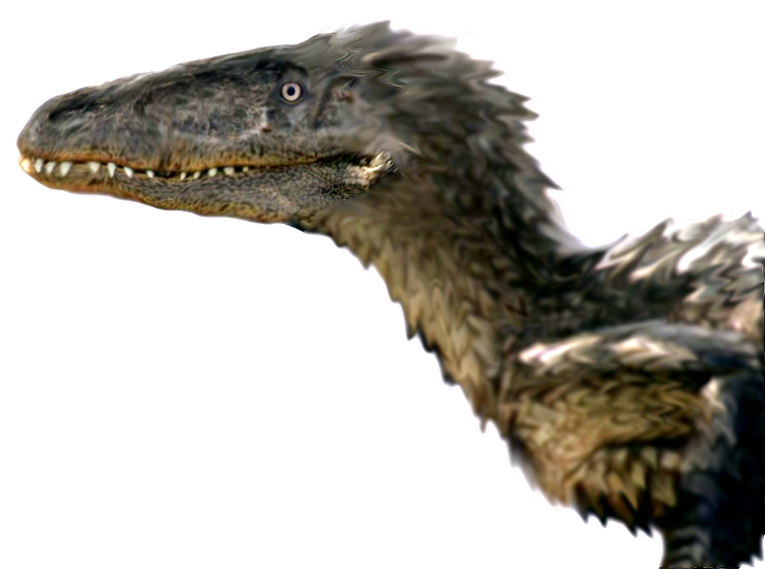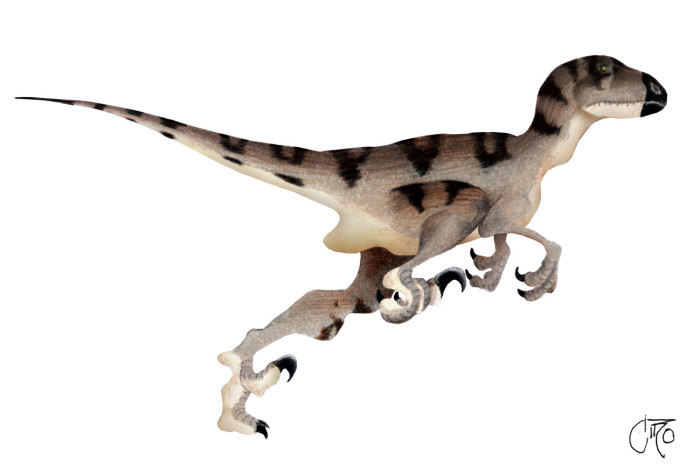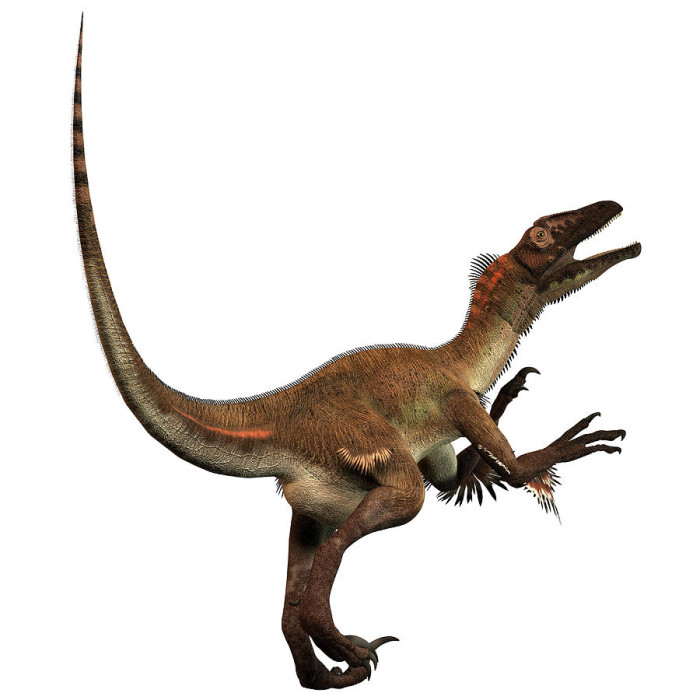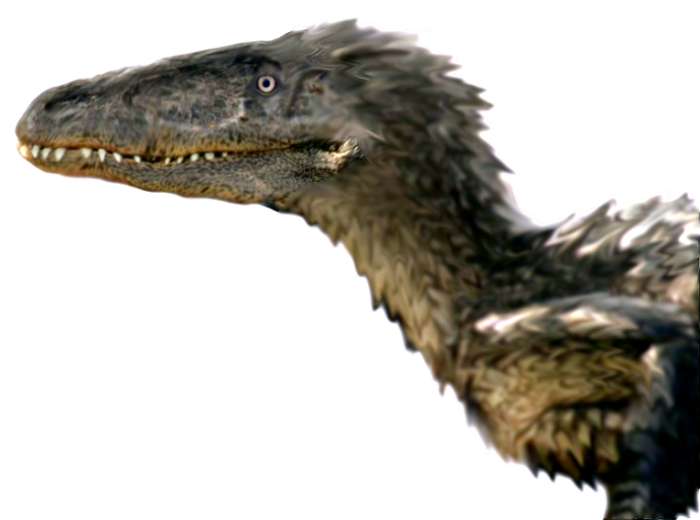
Utahraptor Facts
Like other dromaeosaurids, Utahraptor had a huge bent claw on the second toe that could get up to 23 cm (almost 9 inches) long. The animal almost certainly grasped its prey with its forelimbs while kicking with the hindlimbs. Recents tests on reconstructions of similar but smaller velociraptor claws propose that claws of this type were used for stabbing, not slashing. Up to 7 meters (20 feet) long and 700 kg (1500lbs) in weight, Utahraptor would have been an alarming predator (Kirkland et al. 1993). It has been speculated that packs strength have been able to bring down a sauropod, though it is nearly impossible to know whether Utahraptor actually did live in packs.





Utahraptor ostrommaysorum (“Utah thief”) is the biggest known member of the theropod dinosaur family Dromaeosauridae from the Barremian phase of the Lower Cretaceous period, and it was also one of the first. Utahraptor was the subject of the book Raptor Red by Robert T. Bakker. The type specimen is at present housed at the College of Eastern Utah; although Brigham Young University currently houses the largest compilation of Utahraptor fossils. In a remarkable coincidence, a species much like it had recently been imaginary for the film Jurassic Park.Utahraptor Dinosaur The type species, Utahraptor ostrommaysorum, was named for the American paleontologist John Ostrom, from Yale University’s Peabody Museum, and Chris Mays, of Dinamation International.